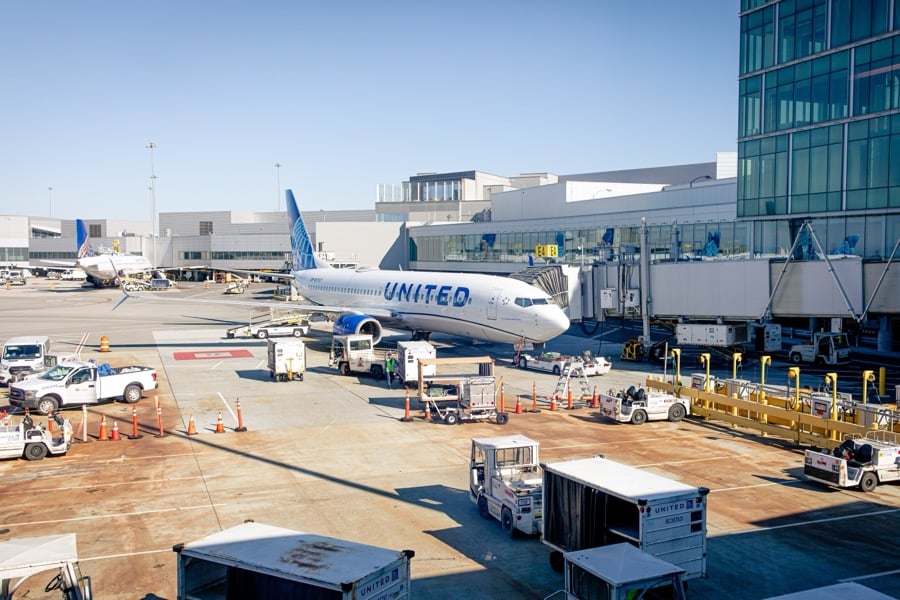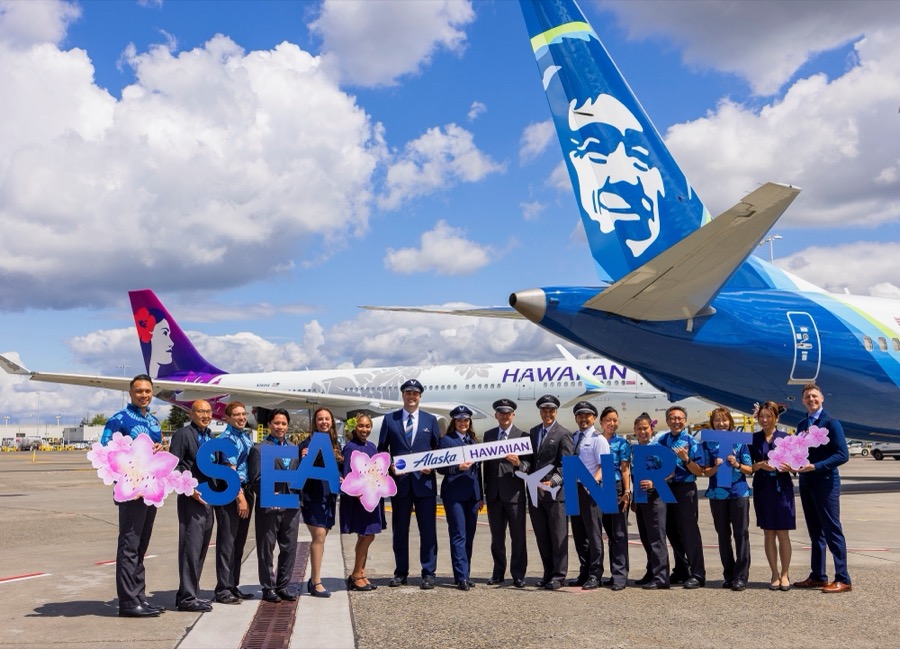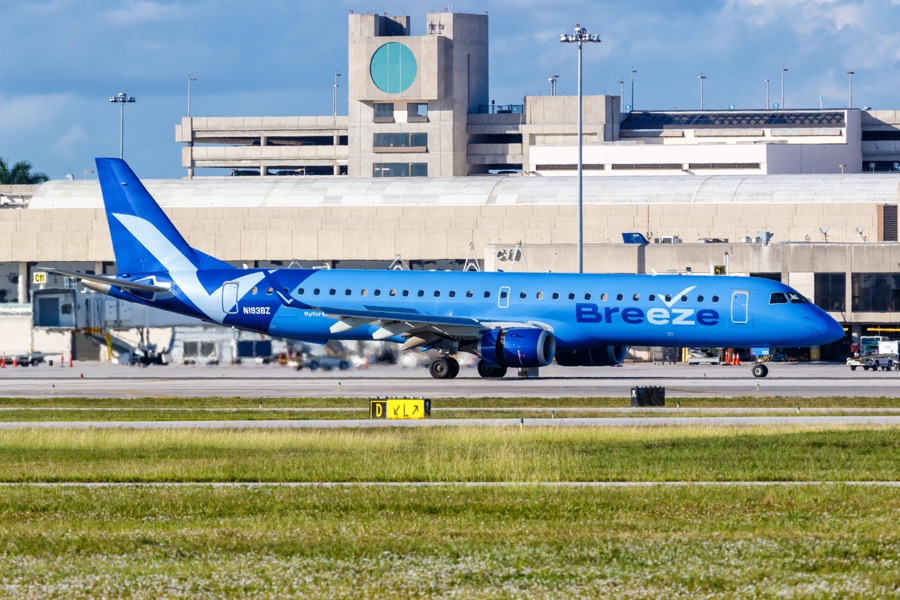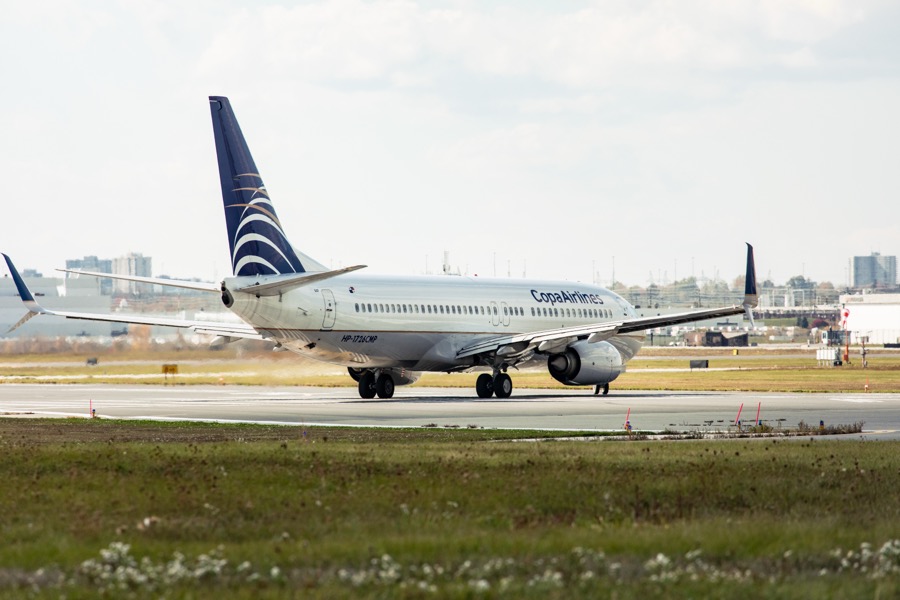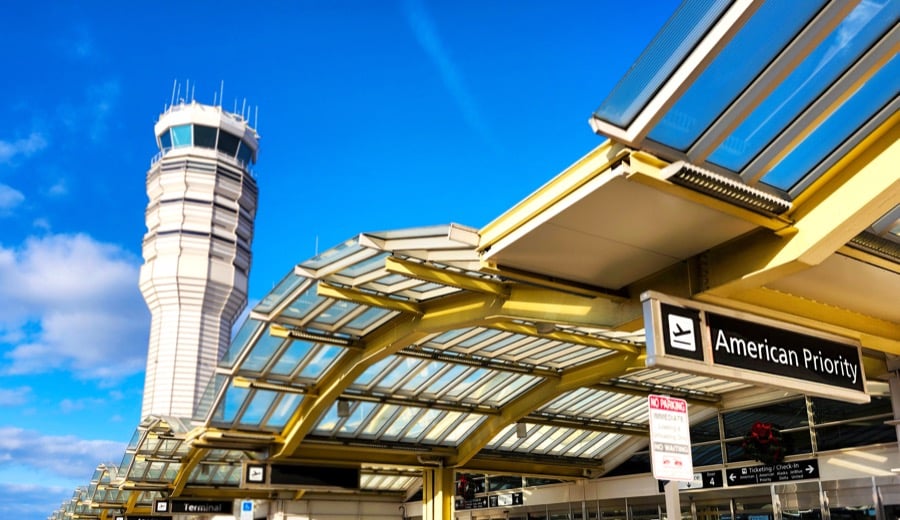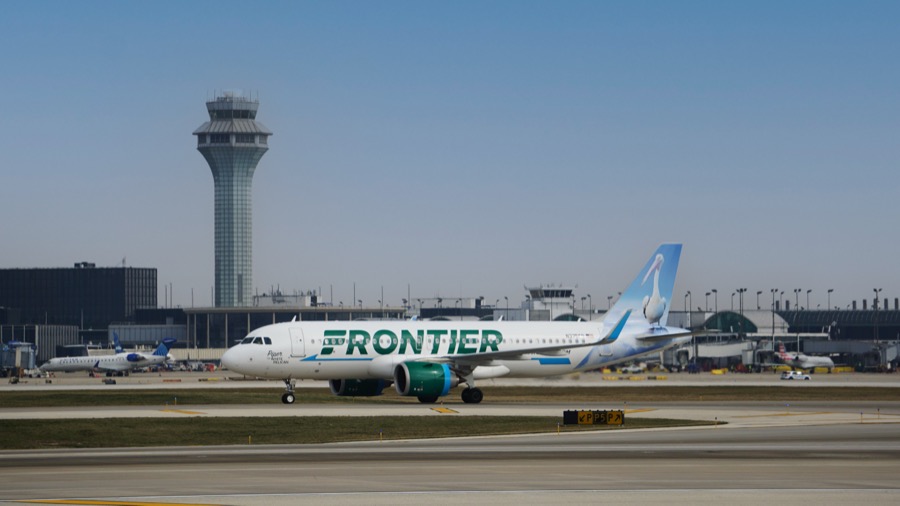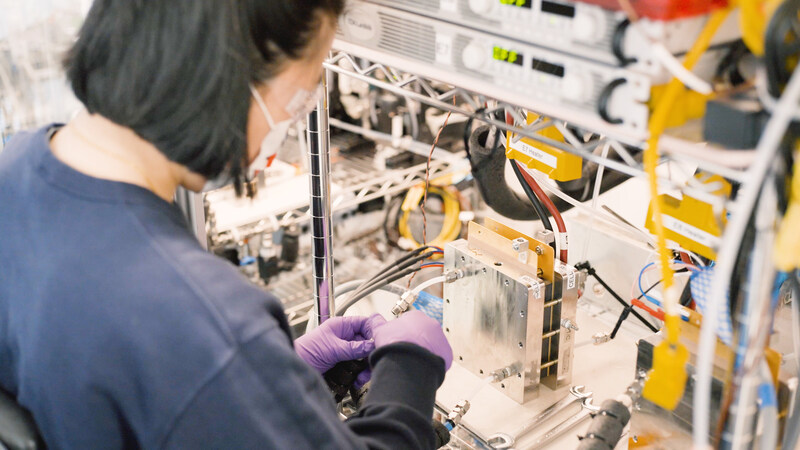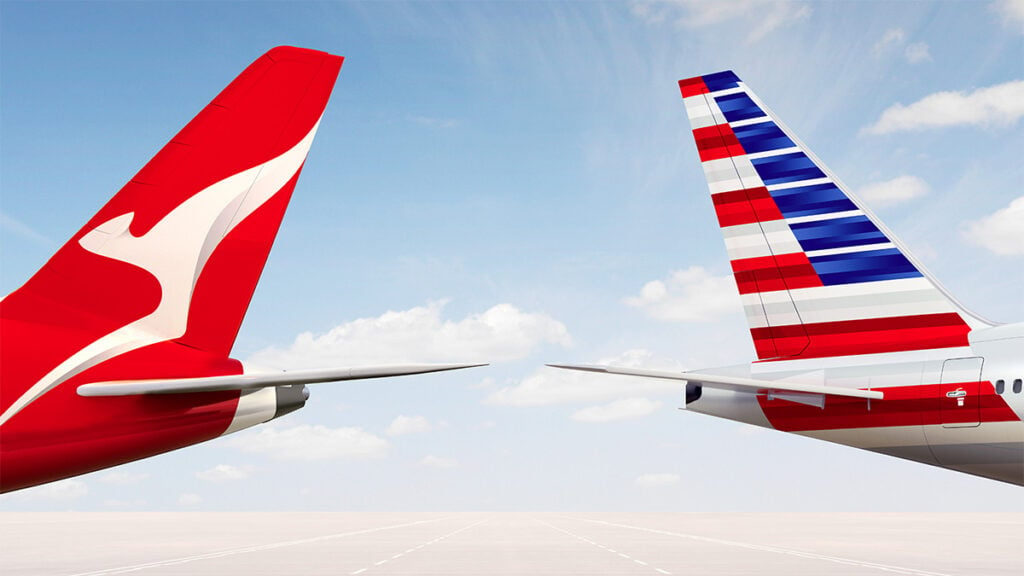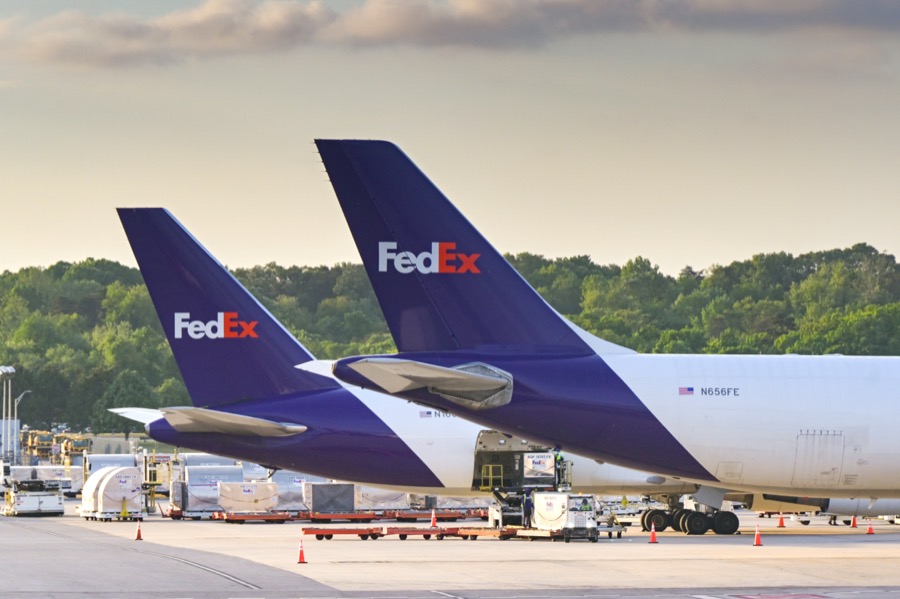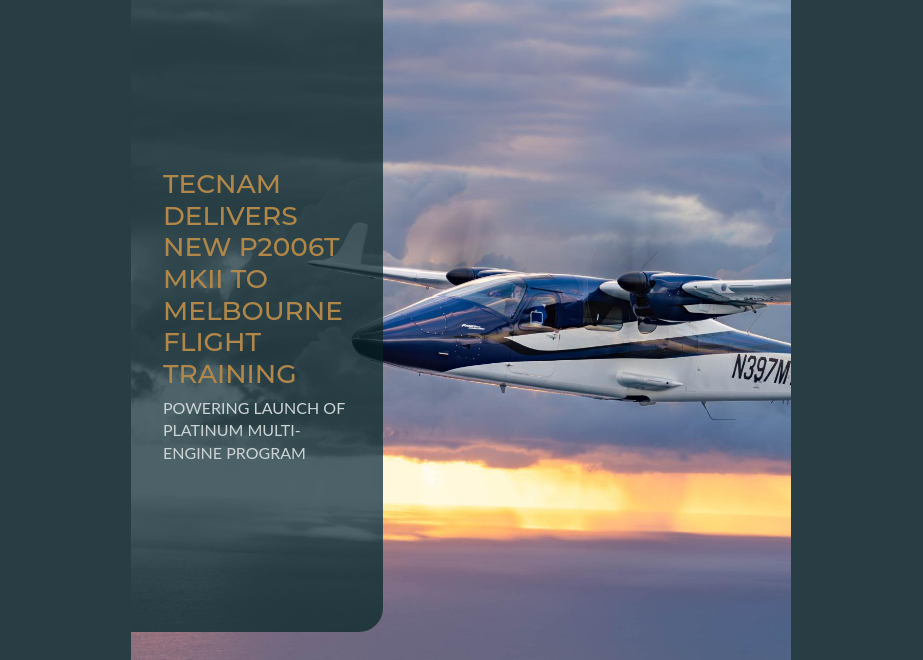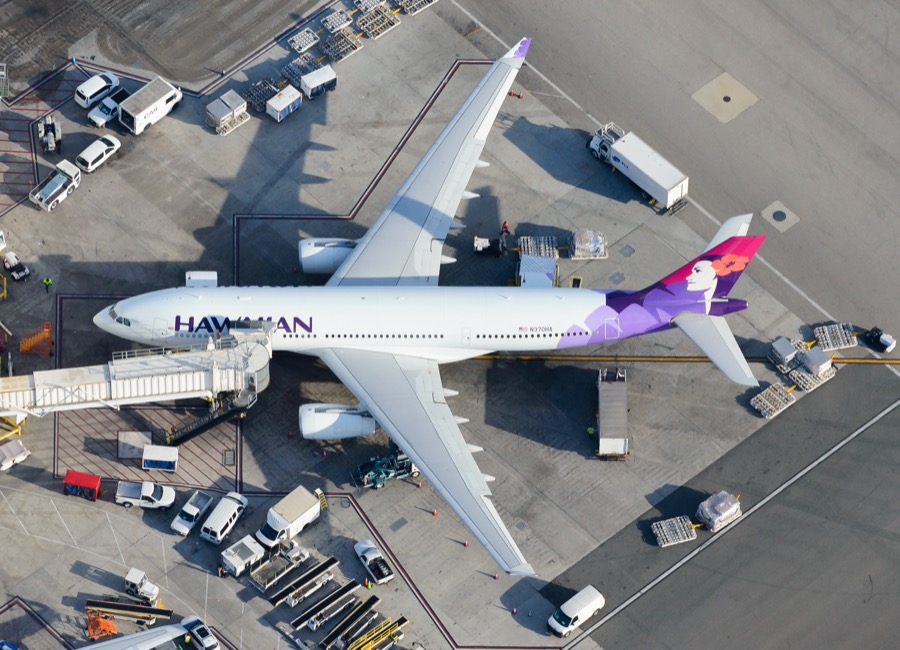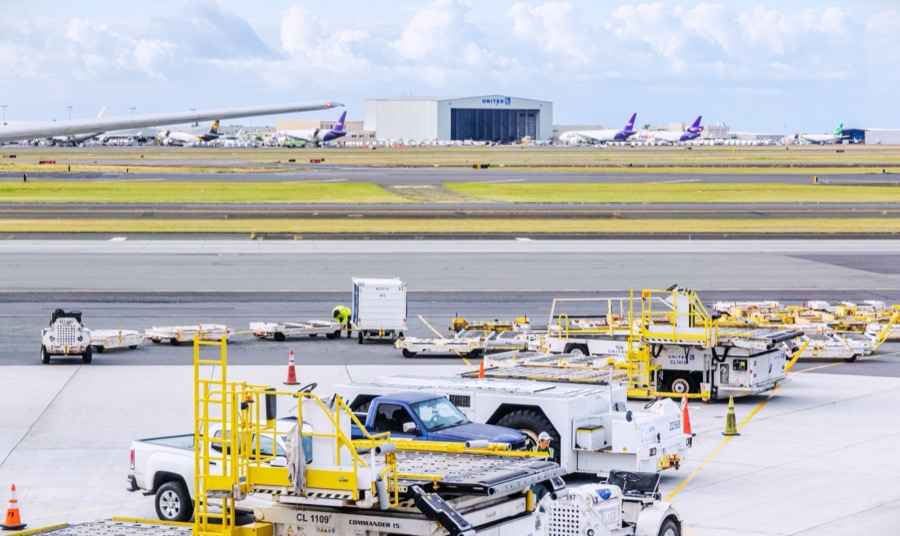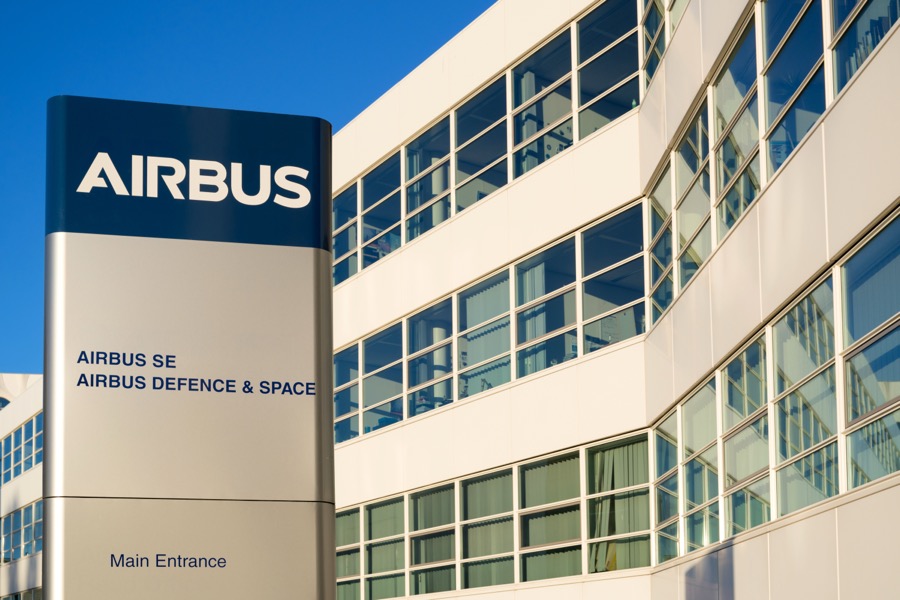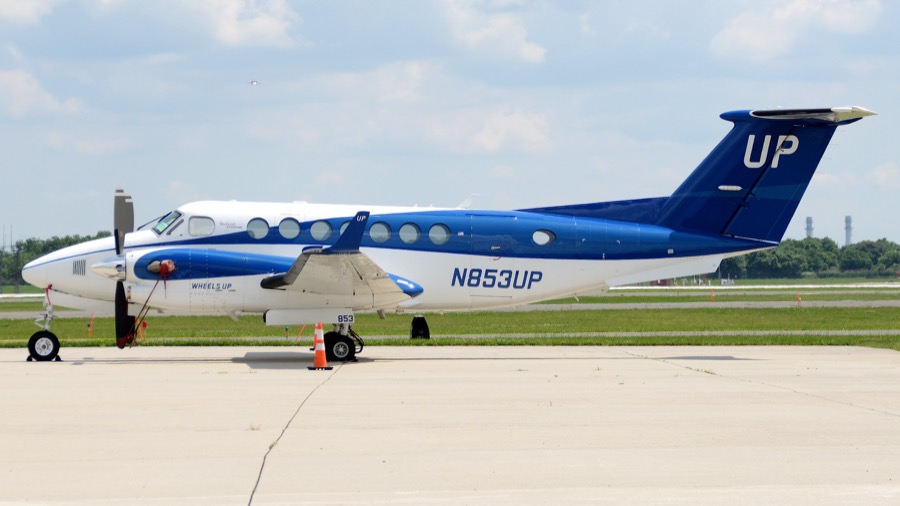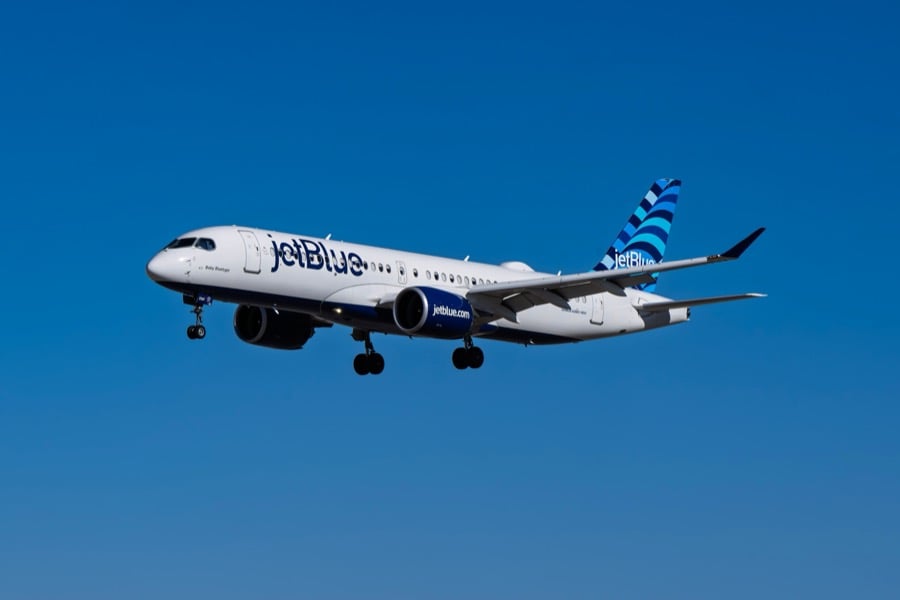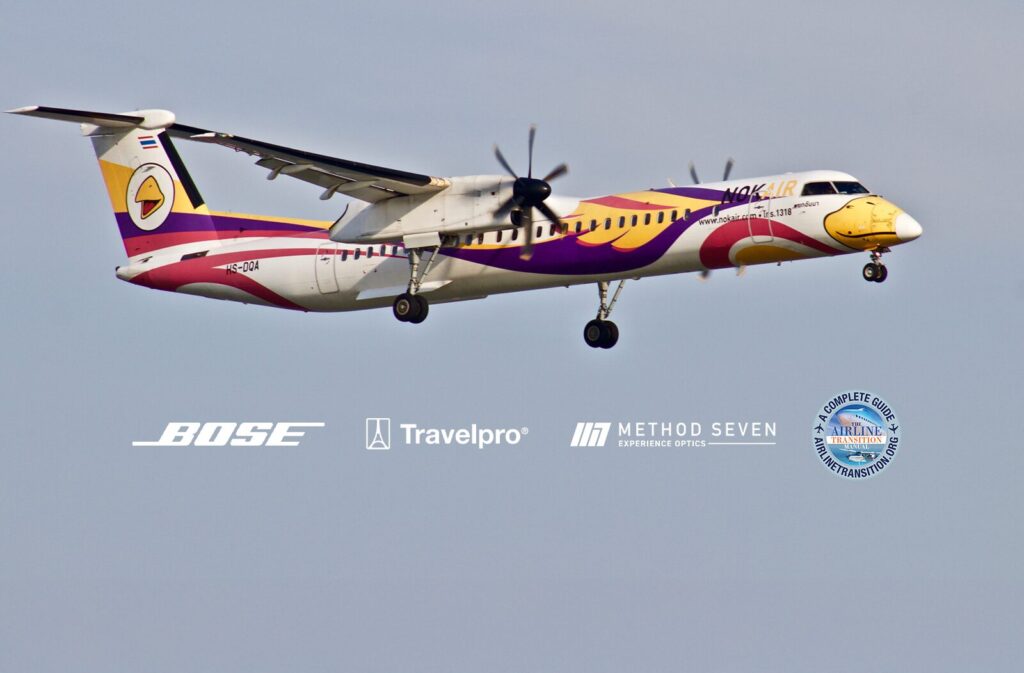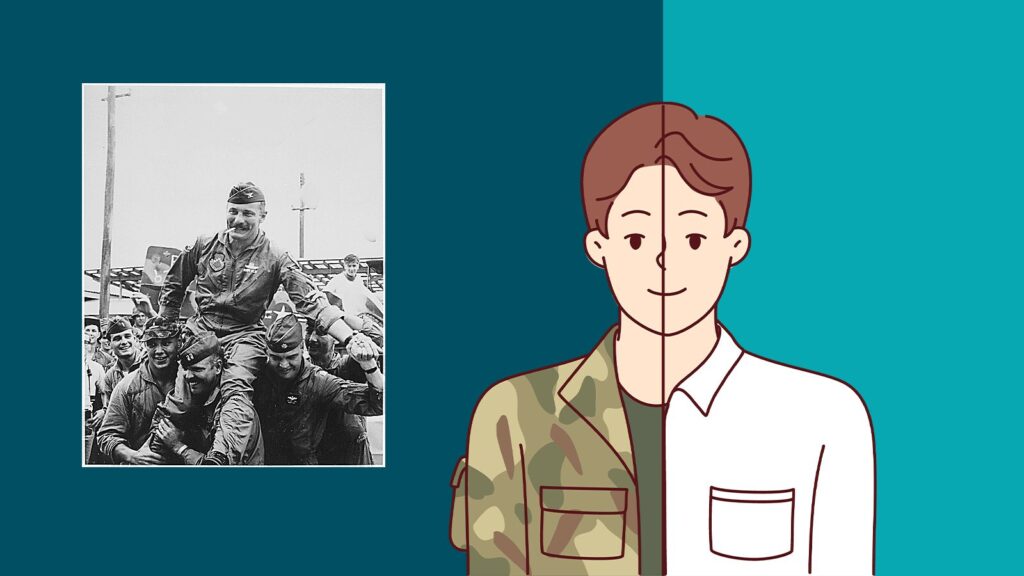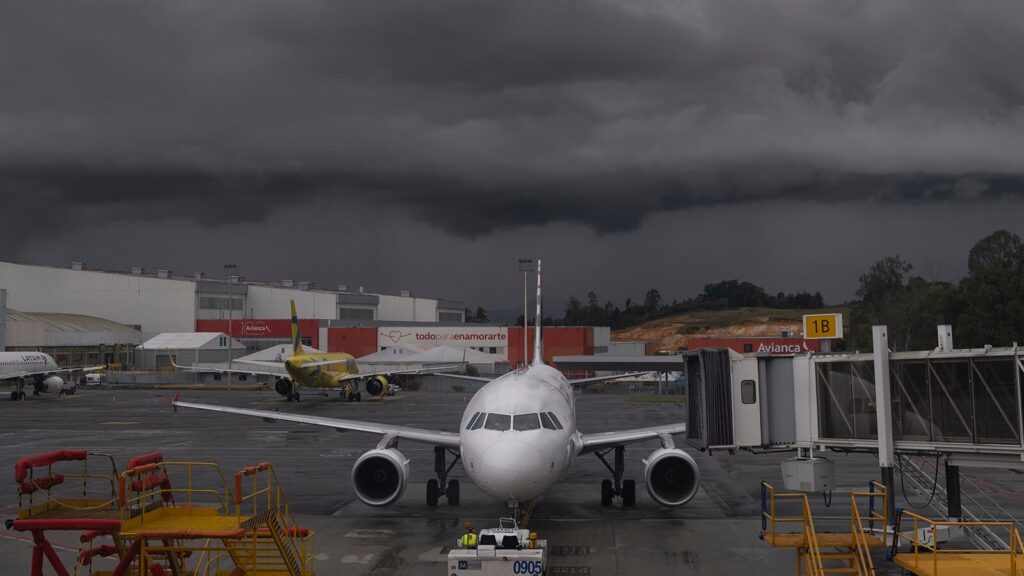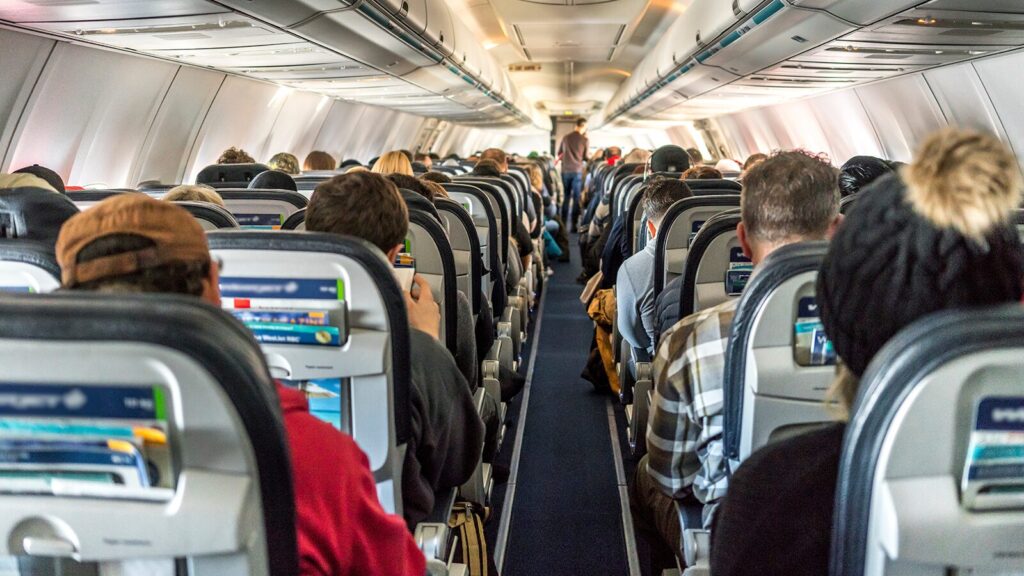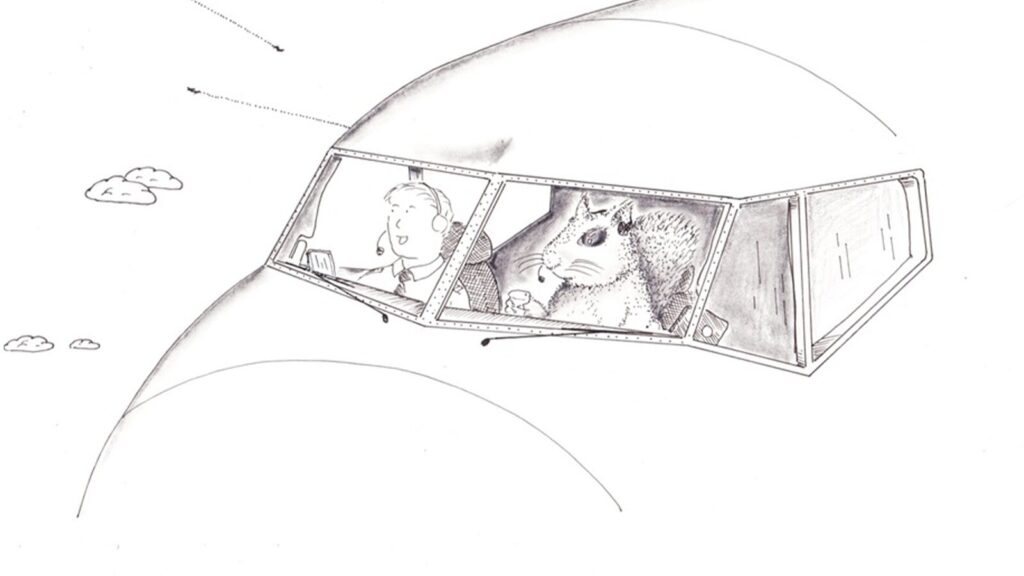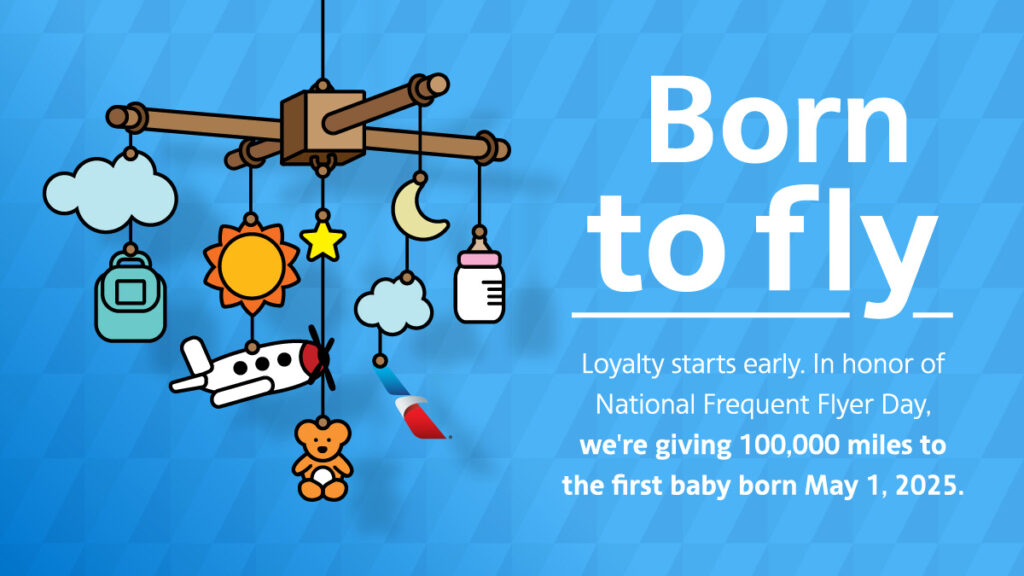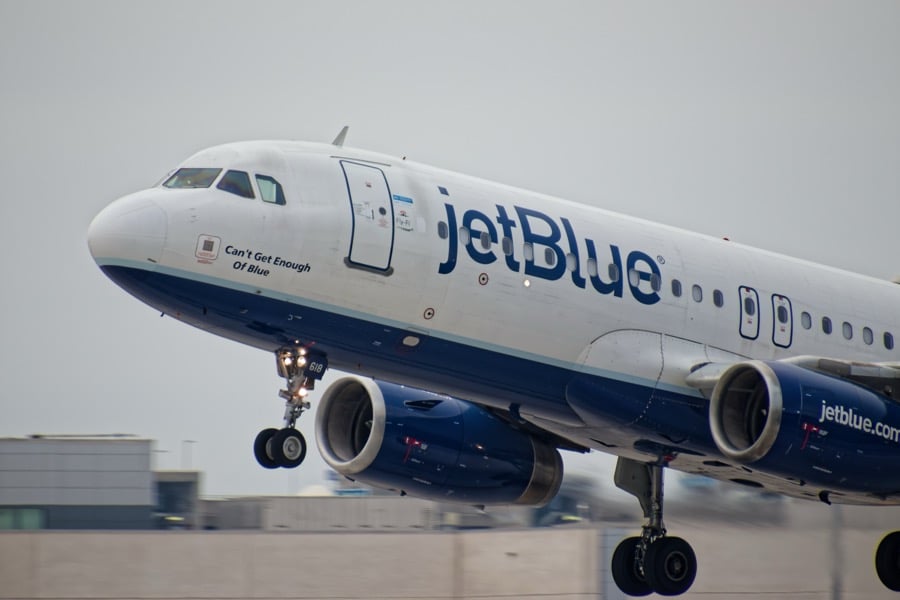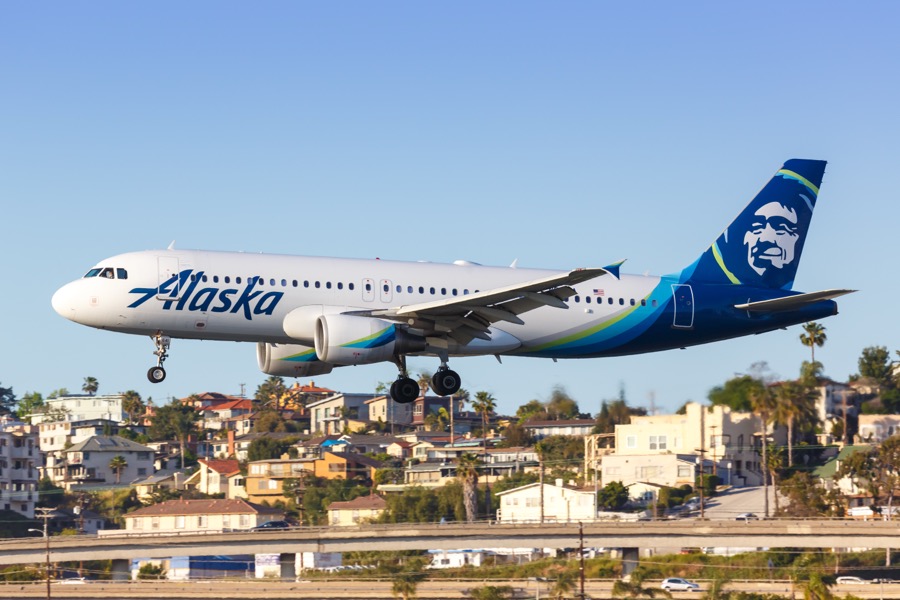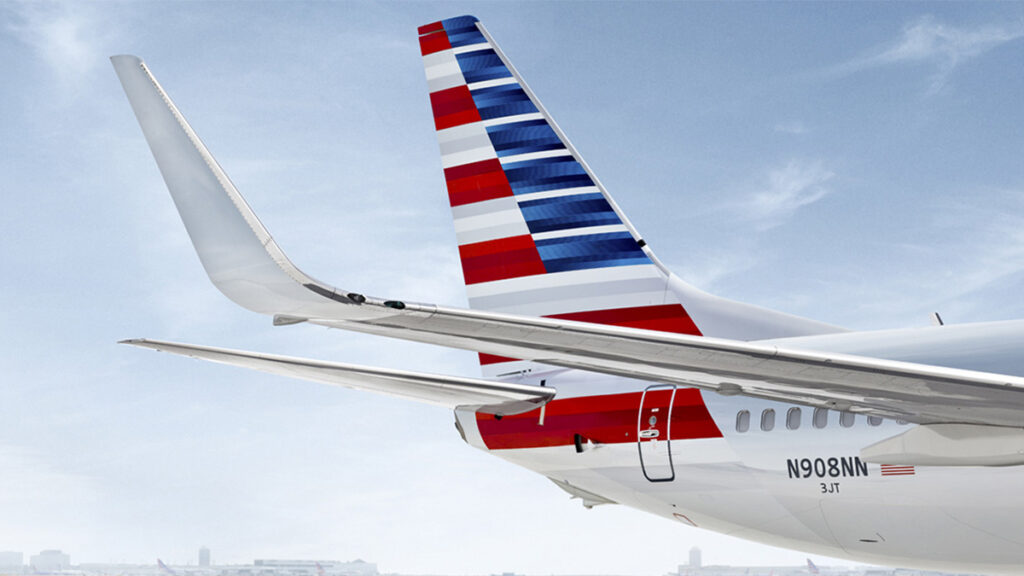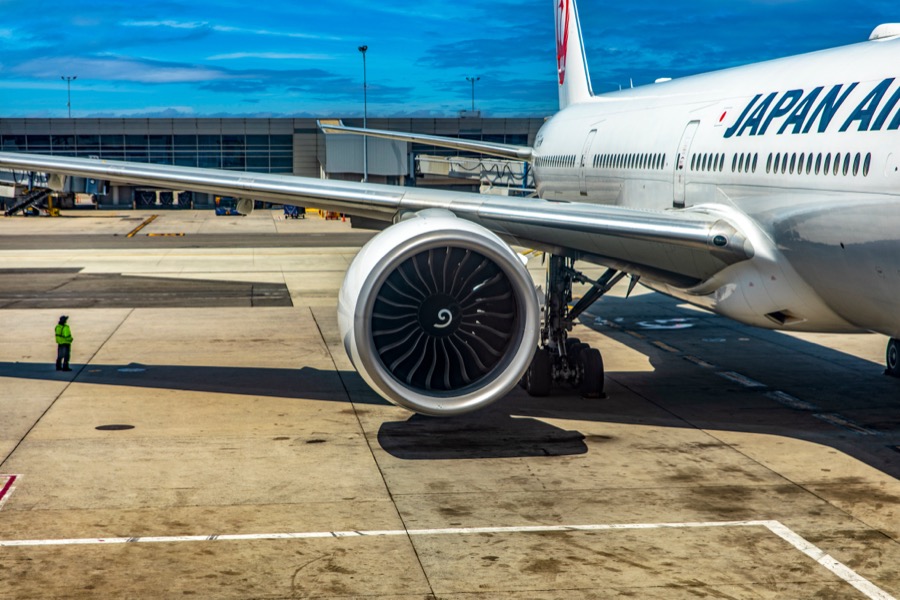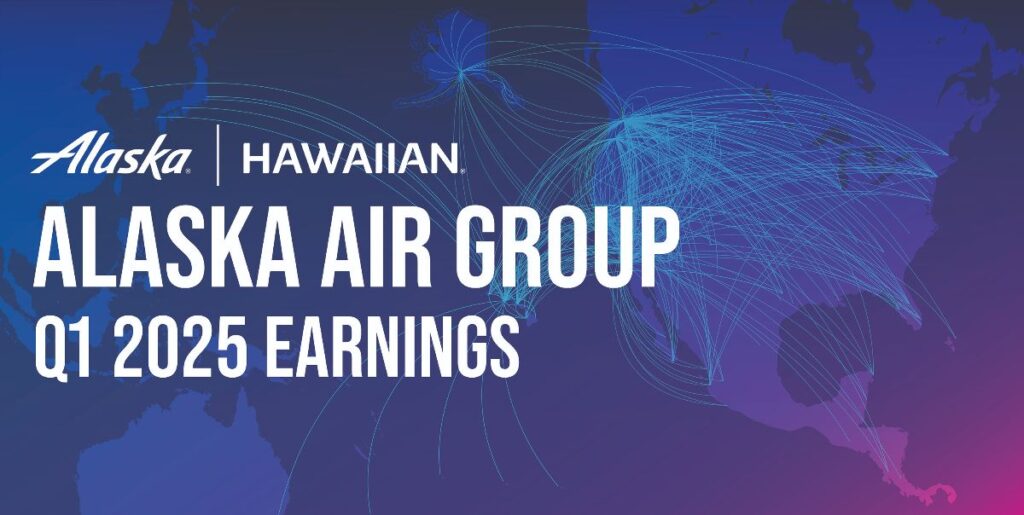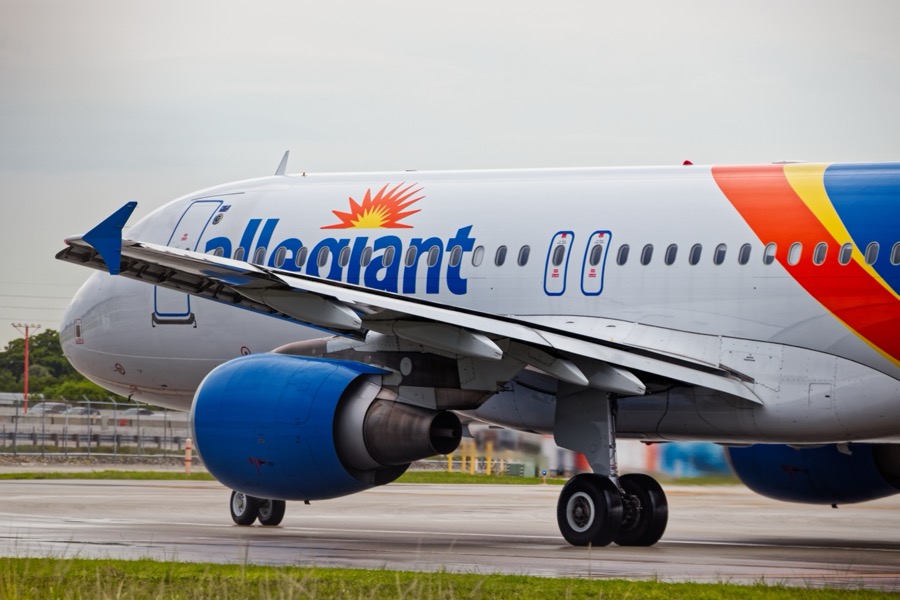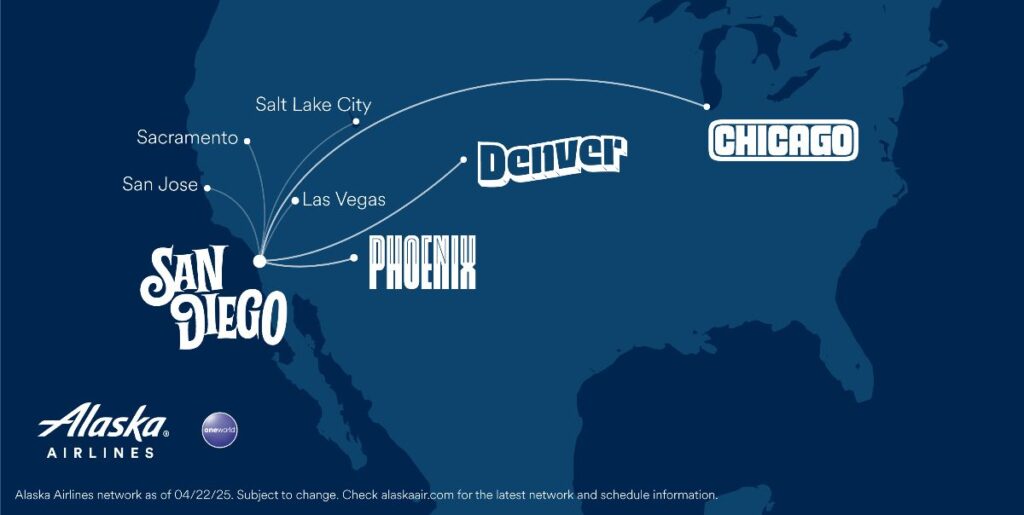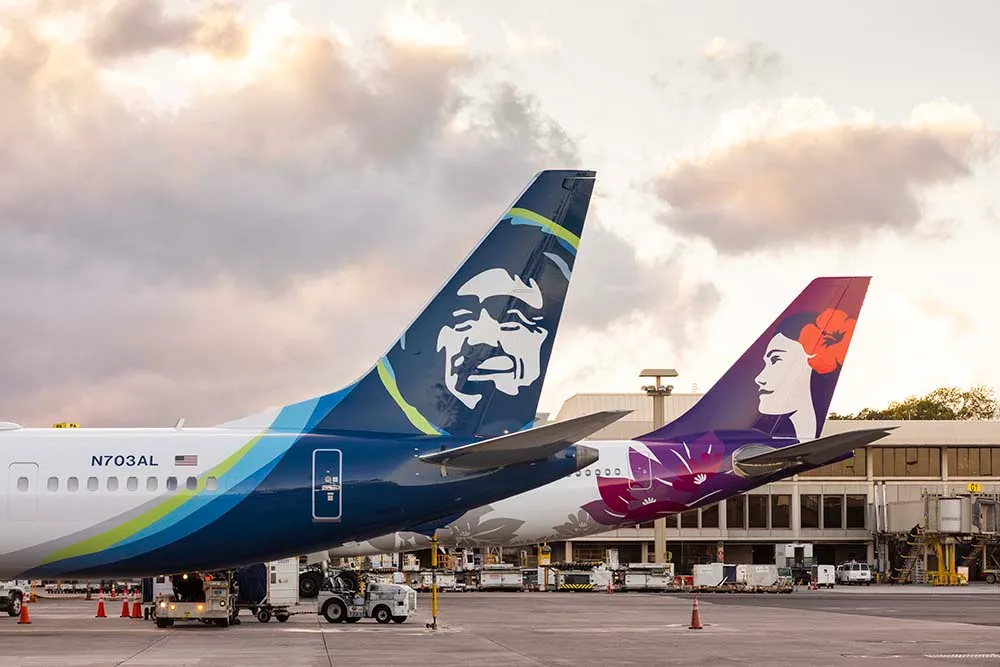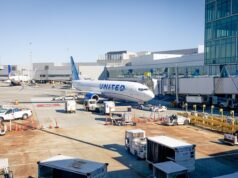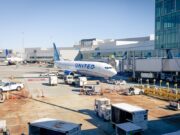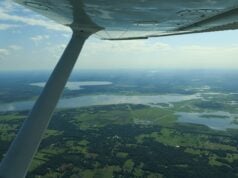
You did it! You spent countless hours working on your ratings, you built time like it was going out style, and you read every single gouge out there. After what seems like an eternity being grilled with questions you find out you passed your interview and got a CJO. What’s next?
After successfully completing your interview, many things will happen and they will happen fast. If you have not already done so, your airline will have you fill out and submit PRIA paperwork. PRIA (Pilot Record Improvement Act) paperwork are forms that authorize your prospective employer to obtain your flight records from both the FAA and your previous aviation employers. When you receive this paperwork, it is imperative that you fill out the forms as quickly and accurately as possible. The last thing you want is for your new employer to delay your start date because your background and employment checks have not cleared. If you haven't yet, create a document with employment verification information for every singlejob you have ever had. Trust me, it will save you a headache down the road. Once all the paperwork has been submitted, you will begin to prepare for the ATP/CTP course and your initial training.
Many people ask, “What do I need to do to prepare myself for the ATP/CTP course?” The answer: NOTHING, EXCEPT PREPARE FOR THE ATP WRITTEN EXAM! The ATP/CTP course will help you get ready for the 121-world and the simulator training will be fun, but it will do absolutely nothing to get you ready for the ATP written exam. About three to four weeks prior to ATP/CTP, you should start preparing for the written (Shepard Air is an amazing test prep tool) and plan to show up to ATP/CTP ready to take the test (though you won’t be able to take it until you are done). Showing up ready to take the ATP Written Exam will save you a lot of stress during the weeks long course, and will help you enjoy one of the few non-jeopardy training courses you will have in your career (aka, no checking event at the end).
Once you have passed your ATP Written, you will begin getting ready for your initial training. At this point, many people get so excited about getting started that they spend hours online searching for information about the type of plane they will be flying, company operations, procedures, etc. This is one of the biggest mistakes you can make in training. If you are a CFI, you know all about primacy and the negative effects learning something wrong the first time can have. Your airline may or may not send you study materials prior to the first day of training. If they do, it wouldn’t hurt to learn your limitations and memory items, in addition to whatever other material they have sent you. If they do not, enjoy the time off. Use this time to get things at home squared away and mentally prepare for the next three months. Coming into training feeling refreshed and well rested is one of the keys to success in the training world. The next few months will require 110% of your focus and strangers to the aviation world may not fully understand what this entails. Explaining to your friends and family that the following months will require you to be disconnected from anything not pertaining to training will allow them to figure out how they can better support you as you go through training. Catch up on bills, ensure any payments or recurring tasks are taken care of, and coordinate with friends and family when it comes to taking care of your household (if needed). It’ll put your mind at ease knowing that everything at home is in shape thus allowing you to really concentrate on the task at hand. If you are one of the lucky few who live in the city where training will take place and the airline offers you a hotel room, TAKE IT! Home tends to have a lot of distractions and that is one thing you do not want in any training environment.
It goes without saying, but at some point, you will have to quit your current job. Though your employer probably knows that you are leaving for the airlines, you must still resign in a proper manner. Most companies require two weeks written notice of resignation. If you are currently working for a smaller company that you know will require some time to find your replacement, give them as much notice as possible, and offer to assist in finding your replacement. If not, a two week notice should suffice. Be sure to type your letter of resignation, and if possible, hand-deliver it to your supervisor. When resigning, it is imperative that you leave on good terms and not burn any bridges. Aviation is a small world and you never know when you may need your previous employer for references, favors or even a job. It is recommended that you work your last day at your previous job at least 1 week prior to ATP/CTP to allow time for you to get all your ducks in a row.
Though it may feel like there is a lot to accomplish prior to starting your 121 training, in the grand scheme of things, there really isn’t. Like the good pilot you are, preparing to start 121 training is as simple as staying ahead of the airplane (except instead of an airplane, it’s life that you are staying ahead of). Use time wisely to get your affairs in order, and life in the schoolhouse will be a little less hectic than you anticipate.















